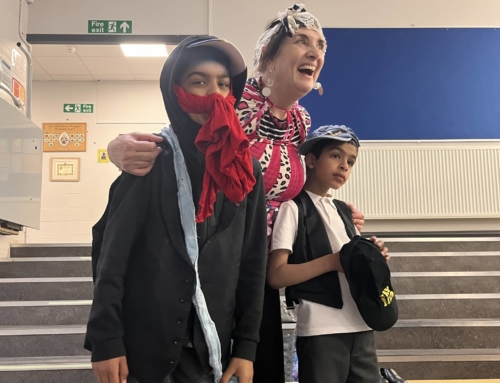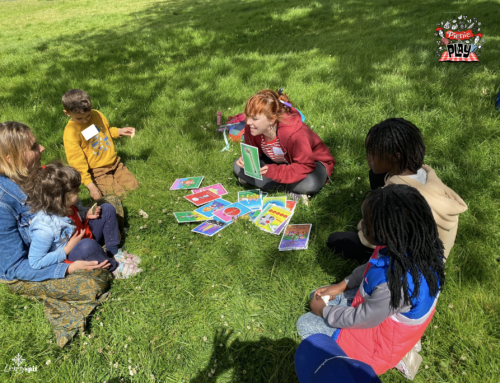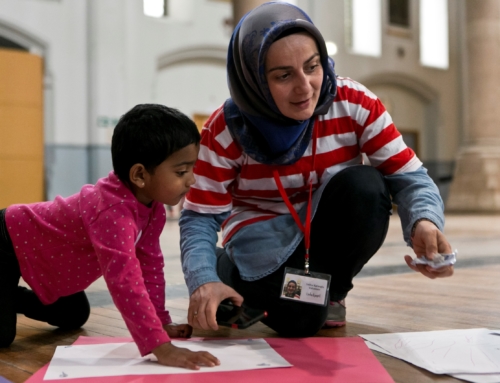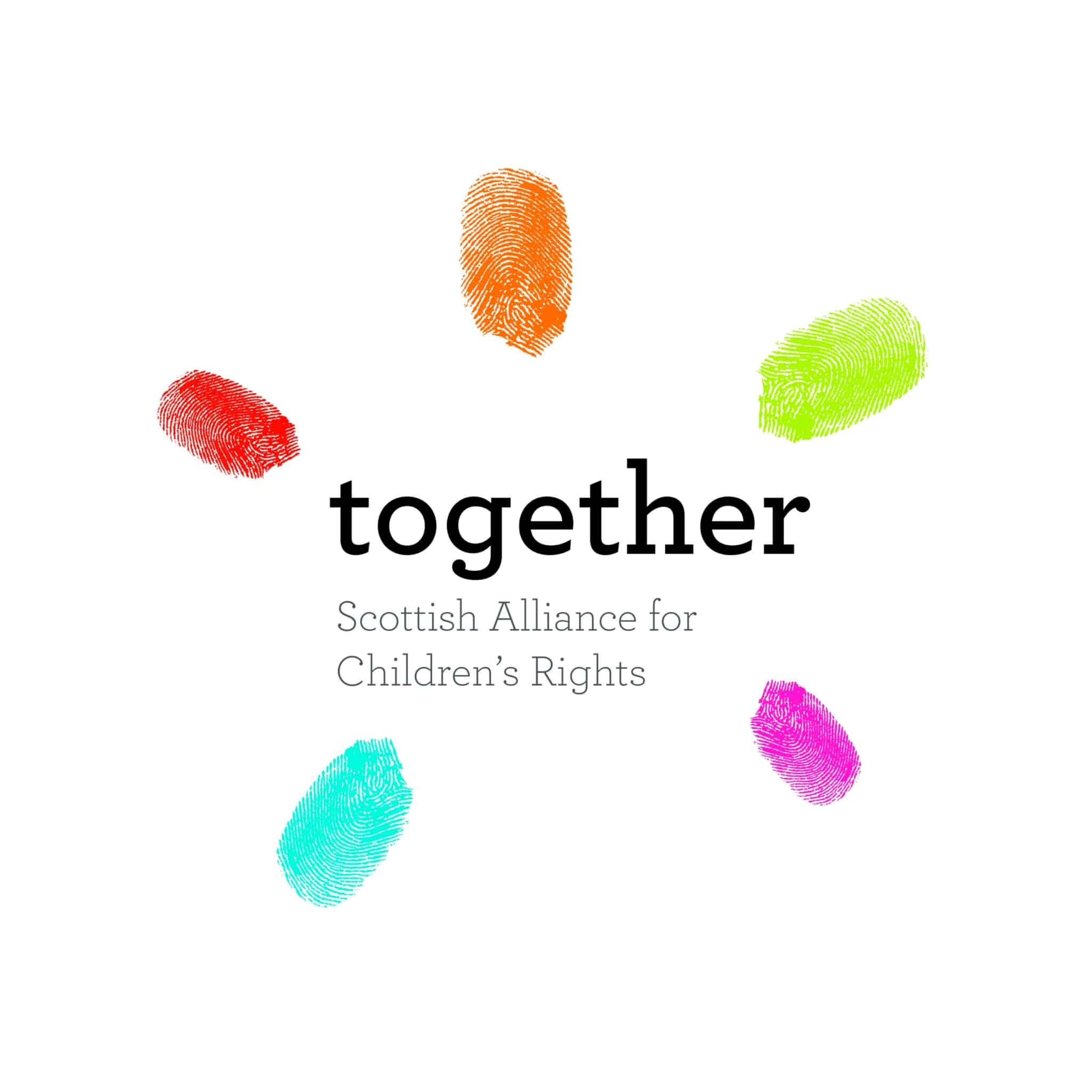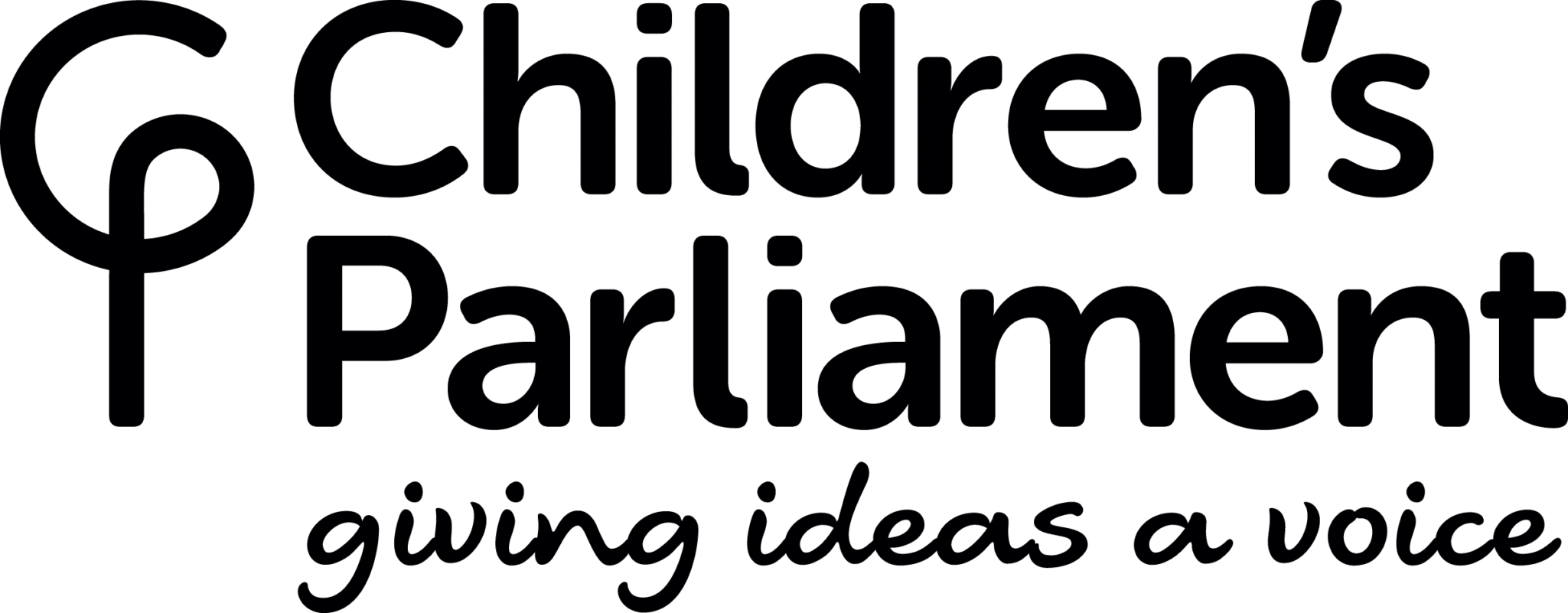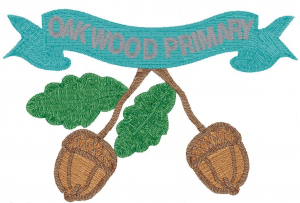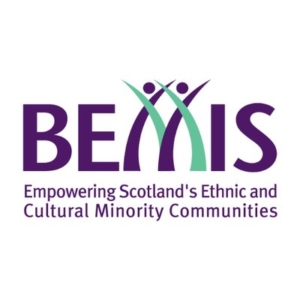UNCRC Incorporation Scotland Bill
Wednesday 9th September, 2020
Incorporating the United Nations Convention on the Rights of the Child into Scottish law is a big step towards ensuring every child in Scotland grows up happy, healthy and safe. This “rights revolution” means our government is committed to building a society where children are seen, heard, included and valued as equal human beings with their own views, thoughts, feelings and ideas.
It means children’s experiences and perspectives must be considered equally alongside those of adults, not as secondary or irrelevant.
These are big ambitions. They will not happen overnight. And they will not happen at all unless every adult in Scotland – especially those who work with and for children – has the courage to reflect on their own behaviour and practice. We need a sea change in adult’s understanding of children – not only of what they need, but what they have to offer.
Licketyspit would like to share some of our own understanding of what constitutes a children’s rights based practice. We have learned this from children. Our children’s rights-based drama-led play approach has been developed through constant consultation, conversation and play with 3-12 year olds and their parents and carers over the last 20 years. We engage in regular, rigorous evaluation with our team and the other children’s professionals we work with. Fundamentally, Licketyspit’s practical tool-kit – our Lickety-Playcard resource – and our children’s rights-based approach, have come from children themselves.
Lickety tips to for adults working with and for* children
*If we are to incorporate children’s rights, no adult should work for children without working with children.
Children need to be included in decisions that affect them, so adults in the former category need to learn to engage with them in a meaningful way. To ensure the UNCRC Incorporation Scotland Bill has a tangible impact on children’s lives, adults who work with and for children need to:
Become confident at talking to them!
Not down to them. Not at them. Not over them. You can have a real, meaningful conversation with a child as young as 3 years old. This doesn’t mean you use all of the same language you use when talking to adults, and it doesn’t mean you talk to them about subjects that are not age appropriate. What it means is looking them in the eye and asking them what they think. And listening to their answer! Children have a huge amount to say, even if they haven’t found all the words yet. Giving them the time and support they need to respond if they are inhibited by shyness, lack of confidence, speech, language and communication needs, EAL needs, or any other factor. Helping them to talk through prompts, multiple choice, encouraging smiles, examples. And never, ever, speaking for them.
Take children seriously.
Children are not there to be cute. They are not there for your amusement or sympathy. Be empathetic, be understanding, but don’t be patronising! When you take children’s ideas and activities seriously, you empower them.
Be honest with children.
This doesn’t mean making inappropriate demands on them to deal with adult problems, but it does mean being honest with them, even if that means saying “I can’t talk to you about that yet and I understand that’s frustrating.” Children are incredibly perceptive and able to reason.
Be fair.
Children have a strong moral compass. They are learning about how to manage fairness, about compromise and about ethics. If we do not model fairness and justice to them, we are setting them up to repeat our own mistakes. But if we let their own sense of justice guide us in helping them take turns, accommodate others and balance their own needs against those of their peers, we will uphold their rights and create a more equal and just society.
Play!
Play is as important to children as love, food, sleep and shelter! Opportunities for play are essential to children’s development and happiness – play is how we learn about ourselves and about the world! The feelings we experience through play are real feelings. Licketyspit uses imaginary play to encourage children to feel they can be anyone, do anything, go anywhere. Imaginary play is empowering!
Play is often described as children’s work – it is also the work of an actor. This affinity between children and actors is at the root of Licketyspit’s actor-pedagogue led practice and the reason for its high levels of success in enhancing children’s learning, cognitive development, relationship building and engagement with the world around them.
While it is also important children are encouraged to play independently, when adults always ‘leave children to play’ it can also implicitly communicate their lack of value for play. Showing you think – Play is great! Everyone can enjoy it. Why wouldn’t anyone want to play?! – is much better! (And there are few good reasons not to want to play with a child if they ask you!) Because in play is where we find our truest selves and make sense of our core values.
Playing equally with adults can develop the sophistication of children’s play. It helps them manage fairness and inclusion. It shows children that adults value play and think it’s important. And it gives adults a chance to relax and embrace their playful selves. There is no better time to spend with our children than playing and talking with them. In Licketyspit’s intergenerational imaginary play sessions, everyone wants to and can play brilliantly; they also demonstrate empathy, sensitivity, generosity and mutual appreciation.
If we are to meaningfully engage early years children in decisions that affect them – a key tenet of children’s rights – adults must be ready to do this through play.
Parents, carers & teachers are key to making children’s rights real
Licketyspit’s work in school, ELC and community settings has always been intergenerational – putting children at the heart of inclusive, connected communities of families. This experience has shown us how fundamental it is that we support parents and carers to assert children’s rights, as well as children themselves.
Parents & carers are the most important people in a child’s life, followed by their peers and their teachers. Parents and carers have fundamental needs which need to be met to enable them do this most important and challenging job of nurturing children to the best of their ability.
They need to be able to give their children: a comfortable, safe, warm home; a healthy diet, access to space to play inside and outside; skilled well-paid teachers and early years practitioners, well-resourced schools and pre-school provision and child-care; good accessible health care; access to a rich Arts and culture provision; well-resourced local libraries; holidays; as well crucially as their time and focus to talk, listen and do things together– arguably the thing children need to flourish more than anything else. (And making this possible course means enshrining good employment practice in relation to families, including paid annual leave and the eradication of zero hours contracts).
But parents and carers also need ‘soft’ support – understanding and support from employers, from institutions, from society at large of what it means to be a parent, in order to help them to be successful, insightful, kind, fun, reliable parents. And they need guidance, inspiration and insight. No-one is born knowing how to parent. Parenting well is arguably the most challenging and important role in the life of anyone who has a child. We all need to learn how to do it well and feel valued and supported by society for doing it, in order to best meet the needs and rights of our children.
Incorporation is only the beginning
If we listen to children, we will find that they themselves lead us to create the conditions in which they can flourish. And if children are happy and healthy and safe, there is a greater chance the rest of us will be too.
The Scottish Government is right to recognise that putting children’s rights at the heart of public policy goes hand in hand with creating a fairer and more equal society. Children are not born with prejudice, they learn it. Children do not believe in the status quo, they adapt to it. Children are ambassadors for change because they are constantly experiencing it as they learn and adapt to the world around them. They are optimists and they believe anything is possible. We all need a bit more of that in today’s world.
Children belong to themselves, but all of us have a responsibility to them – not only the people who parent them. Making children’s rights tangible for all of Scotland’s children requires adults to apply a significant degree of self-criticism. Many adults will have to change the way they see children. Many organisations will have to rethink the way they make decisions and deliver them for and with children.
Children are citizens too. We’re excited to be part of a Scotland that is well on the way to treating them that way.

